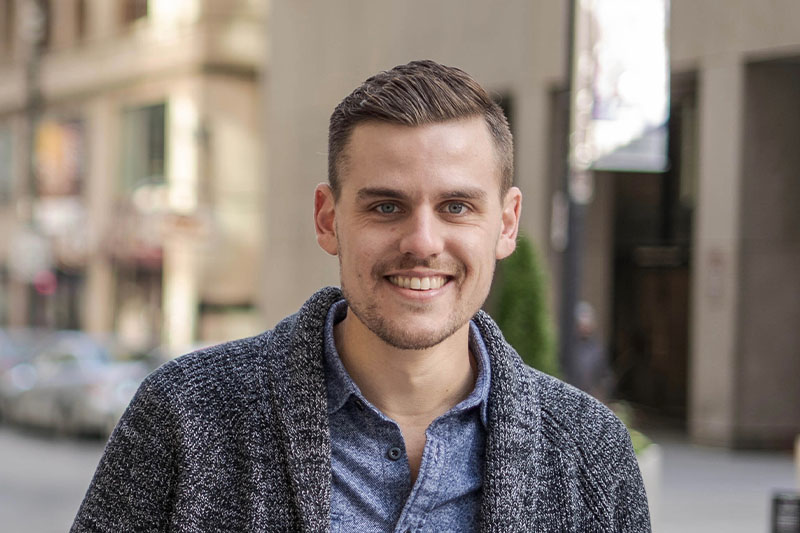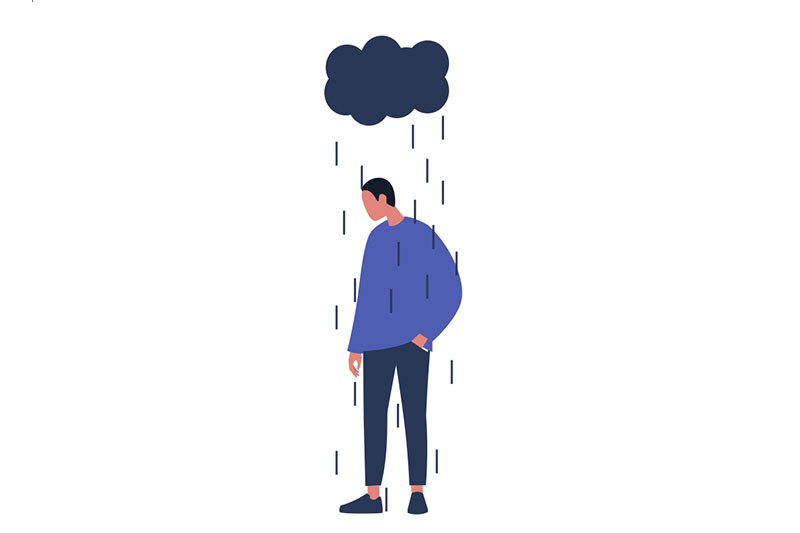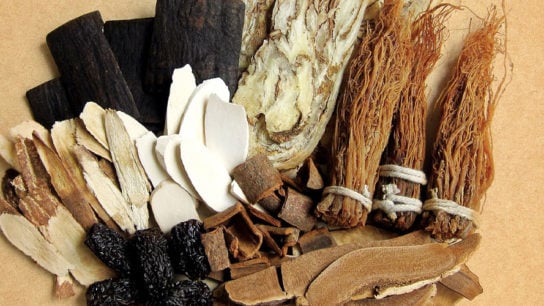Tethr’s Vice President of Brand Strategic Partnerships Addison Brasil discusses the stigma that men face around mental health – and what desperately needs to change.
Men’s mental health is in crisis.
The World Health Organisation estimates that close to 800,000 people take their own lives every year. That’s one person every 40 seconds, with 75 per cent of those suicides being committed by men.
In fact, it’s been reported that a staggering 77 per cent of men suffer from anxiety, depression, or stress, and that out of that 77 per cent, 40 per cent won’t open up to anyone about their mental health and ongoing issues.
Many men have been socialised to believe that it’s not ‘manly’ to be vulnerable and have emotions. The stigma, known as ‘toxic masculinity’, often prevents men from speaking openly and reaching out for the support they need. In fact, 40 per cent of men polled said it would take thoughts of self-harm or even suicide to compel them to finally seek professional help.
This is where platforms like tethr come into play. Newly founded just this year, tethr is a peer-to-peer support platform that seeks to provide a safe, barrier-free space for men to speak openly, receive support, and connect with other men. Its ultimate aim is to eliminate the stigma and barriers associated with men seeking support by normalising conversations around it.
We spoke to Addison Brasil, Vice President and Brand and Strategic Partnerships of tethr, about the importance of raising awareness of men’s mental health and what still needs to be done about the issue.
Can you tell us about tethr’s founding story?
Each of our founding team members has mental health stories that inspired us to put aside what we were doing and work on tethr.
Our founder, Matt Zerker, suffered from suicidal depression after losing his best friend at the age of 30. He then took some time off of work to focus on his mental health and ended up at a men’s retreat. There, he found a safe space for him to share his thoughts with other peers and had a profoundly life-changing experience. That inspired him to quit his job and build tethr.
As for myself, I have had quite the mental health journey in the last decade. I lost my brother to cancer at 20, found my father after his suicide at 24, and was in a fatal car accident about two years ago that killed one of my closest friends and left me unable to walk. When tethr came to life, it was a natural progression for me to get involved.

Matt Zerker, tethr Founder
Why is men’s mental health so important, especially today when we’re all going through a pandemic?
From our research, we learned that 77 per cent of men suffer from stress, anxiety, or depression. 40 per cent of these men do not ask for or seek professional help unless they’re feeling suicidal or inflict self-harm. One of the biggest things that affect men’s mental health is the feeling of isolation and loneliness. To come to the crossroads of COVID-19 today, where we are quite literally being isolated and alone in a lot of cases, we have heard from the men in our community that managing their mental health has been way more difficult.
While we have started to see an uptick in awareness regarding mental wellness and the provision of mental health resources, as far as the statistics and suicidal rates show, the truth is that men are still not tending to their mental health.

Mental health has been described by many as a ‘silent killer’ or ‘silent threat’, why is that the case? What is keeping men from tending to their mental health or being more vocal about it?
There’s always this specific way men get portrayed in the media and in film – a heteronormative hero who is strong and has it together, shows no emotional weakness, and always saves the day. In our research, we find that 93 per cent of men don’t identify with the way masculinity is depicted in the media. But men have been socialised to believe that it is not manly to cry, have emotions, or struggle. It has not often been championed for a man to share his feelings, be emotional, or attend to his mental wellness, let alone doing that by connecting with another man. Our research shows that so many men suffer from stress, anxiety, or depression, so it is a very prevalent problem.
But when you think about it, are three-quarters of the men you know talking about their stress, anxiety, or depression? Is that a conversation they feel comfortable having with you or other people in their lives? Probably Not. So, the biggest thing that stands in the way of attending to men’s mental health is this internalised block men may have. It’s the idea of ‘manning up’ and dealing with it internally because of this man-up culture they have from their socialised upbringing.
Another challenge men are facing right now is finding opportunities and entry points to share their feelings. We only launched our app a couple of weeks ago and we’re the only men’s peer to peer support platform that serves the world in this way. Before tethr, there wasn’t a specific digital safe area for men to do so.
To all men out there, when is the time to seek help?
You want to get involved in your mental health journey as soon as possible. You want to create a support system and take preventative measures before a life event deems it absolutely necessary to rely on those resources. This can come in the forms of meditation, therapy, or coaching. More importantly, you should have a peer support group that allows you to have a safe space to connect with other people and share your feelings.

Let’s bring it back to your company. How does tethr play a role in improving men’s mental health?
We’ve found that one of the most approachable entry points to improve men’s mental health and release the stigma that men face is to let men connect in a peer to peer way. That’s because they need to see parts of themselves in other men and be in a free environment to truly feel safe and feel comfortable sharing about themselves. There is something very special and magical about connecting with another man who has space for you and listens to you when it’s not their job to do so, and you see these connections building every day on the app and in the support groups we run. With a digital platform, you can also attend to your mental health regardless of the pandemic or time constraints with tethr.
What more needs to change?
Society needs to start championing men that are openly and honestly exploring their mental wellness. This will create inspiration for other men to do the same and allow for a safe space to develop. Normalise conversations surrounding men’s mental health. Mental health is health – it’s the same as your physical health and making sure you’re eating right, and there’s nothing wrong with attending to your mental health. If you ever find yourself in a position where a man is opening up to you about their feelings or something they’re struggling with, just treat it like every other conversation you might have. Remember that men are fully feeling human beings and that sharing their feelings shouldn’t become this weighted element in their life where they’re only sharing when things are really good or really bad.
What can local governments do to improve mental health?
They should continue to provide resources for everyone – men and women – when it comes to mental health and wellness; and continue to honour what is necessary for people to stay healthy, like acknowledging mental health leave as a paid leave of absence. Also, when it comes to roles of authority, we often see in the media that the men who are leading us in government can be very stoic. I think that they should practise on exhibiting vulnerability and humanity, showing that we are all dimensional human beings with feelings and emotions.
Related Articles
One Man’s Journey: Changing How We Talk About Men’s Mental Health
6 Mental Health Podcasts to Help You Feel Less Alone
Men’s Sheds: Could the Answer to Australia’s Loneliness Crisis Be At the Bottom of Your Garden?





